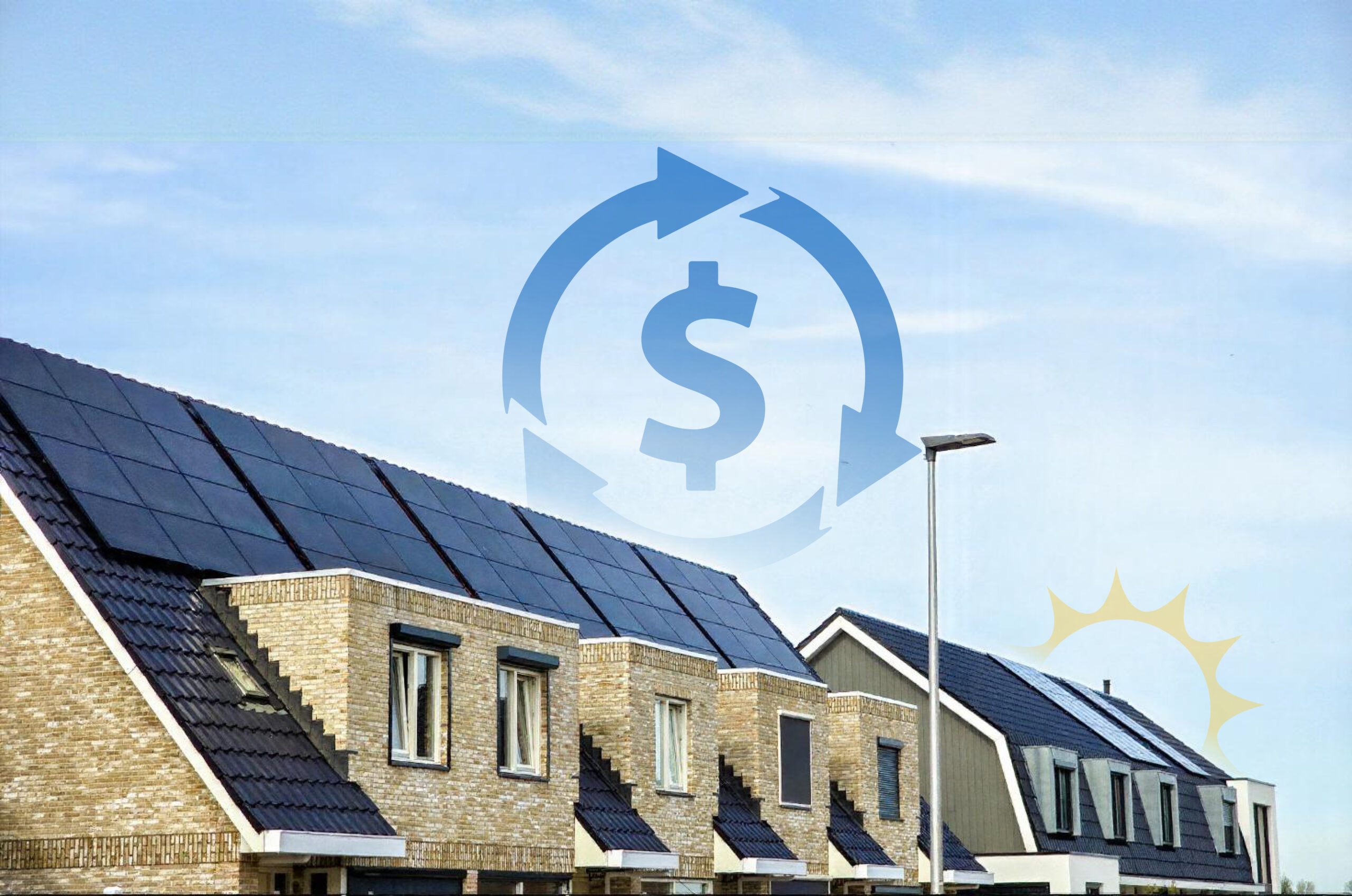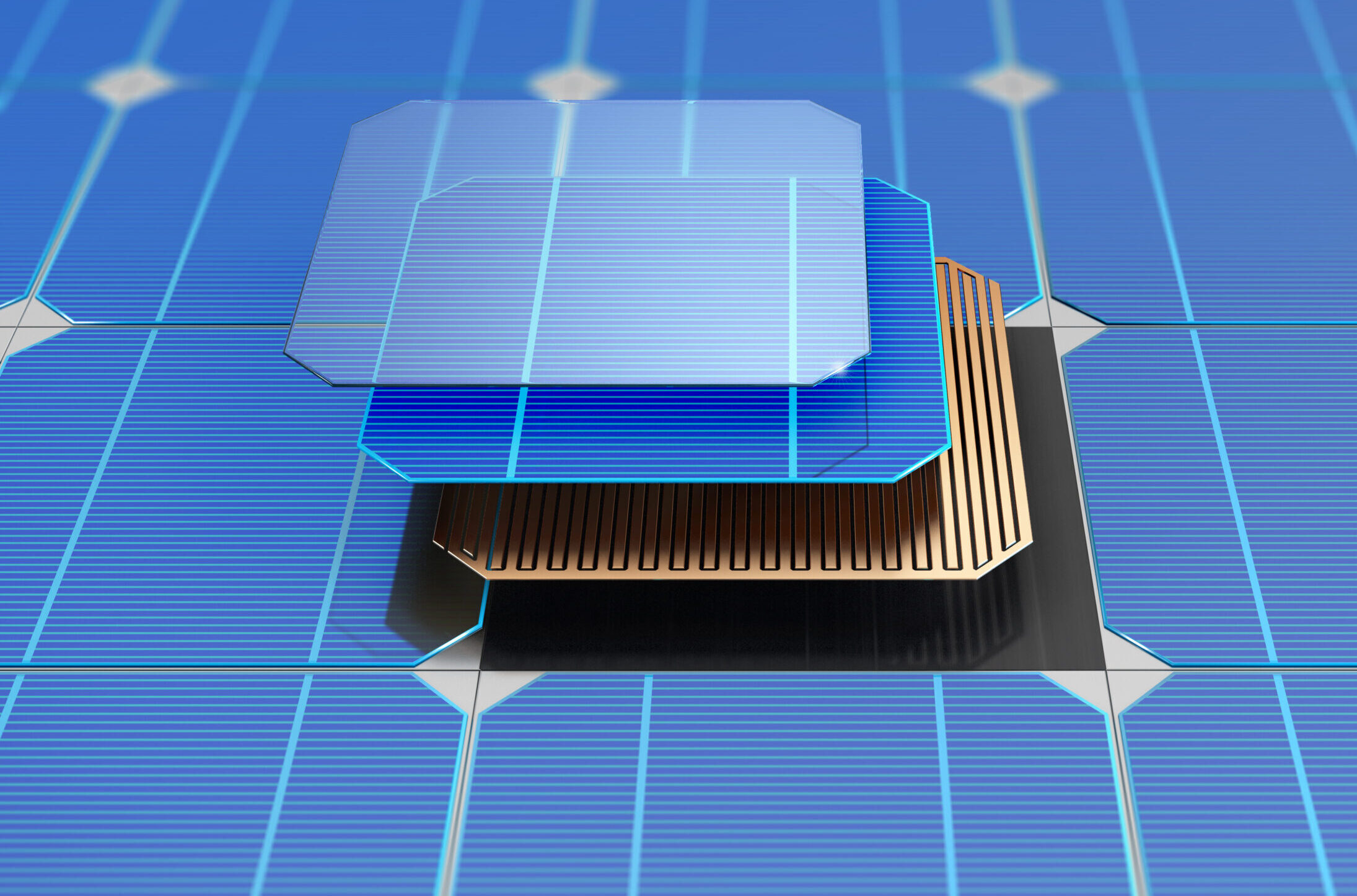Author: Mariela Guanchez
Ever find yourself staring at your rooftop array—or a neighbor’s—and wondering, Who first came up with this brilliant idea to capture sunlight for electricity? The story goes way back. Let’s travel through time, from the earliest experiments to modern panels fueling Nova Scotian homes today, so you see just how far we’ve come since when solar panels were invented.
Early Glimpses of Sun Power
People have been experimenting with the sun’s energy for centuries. But the concept of turning sunlight into electricity specifically took shape in the 19th century. In 1839, Alexandre Edmond Becquerel observed the “photovoltaic effect” in a lab, though it was more a curiosity than a practical invention. Fast forward to 1880s America, and Charles Fritts made the first solid solar cell, but it was only about 1% efficient—hardly enough for real power generation.
The Big Milestone: 1954
When solar panels were invented in a more modern sense, we often point to 1954 at Bell Labs. A team including Daryl Chapin, Calvin Fuller, and Gerald Pearson developed a silicon-based solar cell with around 6% efficiency. Suddenly, solar was more than a lab trick; it had potential for real-world use. This breakthrough made headlines—so yes, that’s the year many credit as the birth of practical solar panels.
Post-Bell Labs Evolution
After 1954, the technology improved steadily. At first, it was used mostly in space satellites (remember the sun is free up there!) because it was still too pricey for everyday homes. But as research and production scaled up, the cost began to drop. By the 1970s and 1980s, we started seeing small-scale solar powering remote cabins, off-grid radio towers, or environmental monitoring stations. Then, in the 2000s, a major shift happened: larger utility-scale and rooftop installations boomed worldwide. That’s when we began to see the seeds of solar spreading into everyday neighborhoods.
Evolution of Solar Energy in Nova Scotia
While 1954 was the big invention year, Nova Scotia joined the solar wave later, as technologies became more cost-effective and net metering laws took shape. In recent decades, the province recognized the potential for reducing carbon emissions and stabilizing electricity costs with renewable energy. Efficiency programs and rebates made it easier for homeowners to adopt solar—hence the arrays you might see in suburbs around Halifax or rural towns along the coast.
Modern Panels: 15–22% Efficiency or More
Today’s typical silicon panels often boast 15–22% efficiency, a far cry from the 1% or 6% prototypes of the past. Researchers push that envelope with advanced materials, sometimes hitting 25%+ in lab conditions. We’ve also seen the rise of new types of panels—thin-film, perovskite, multi-junction cells—but the mainstream technology remains crystalline silicon, refined over decades to be cost-effective and robust.
The Future: Lower Costs, More Power
Costs have plummeted drastically; some stats suggest an 80% drop in panel prices over the last decade. This means the question “Should I go solar?” is less about expense and more about how soon you want to start saving. Meanwhile, net metering in Nova Scotia sweetens the deal further. So if you’re on the fence, consider the long arc of solar history: from a 1% efficient gadget to a robust 20%+ system that can slash your power bills.
Tying in Atlantic Solar
Here at Atlantic Solar, we’re proud to continue the legacy started at Bell Labs in 1954. We might not be launching satellites, but we’re helping homeowners tap the same photovoltaic effect that once powered early spacecraft. Each installation merges decades of scientific progress—when solar panels were invented to the refined products we install today.
Conclusion
The invention of solar panels in 1954 was a landmark event, but the concept traces back to the 19th century and has blossomed into a worldwide phenomenon. From the first 1% efficiency cells to today’s powerful arrays on Nova Scotian rooftops, we’re witnessing a historic shift toward clean energy. If you want to be part of that ongoing journey, there’s no better time to jump in.
In this article, we’ll explore the origins of solar panels, key milestones in their development, and the advancements that have made solar energy a practical choice for residential use.






















